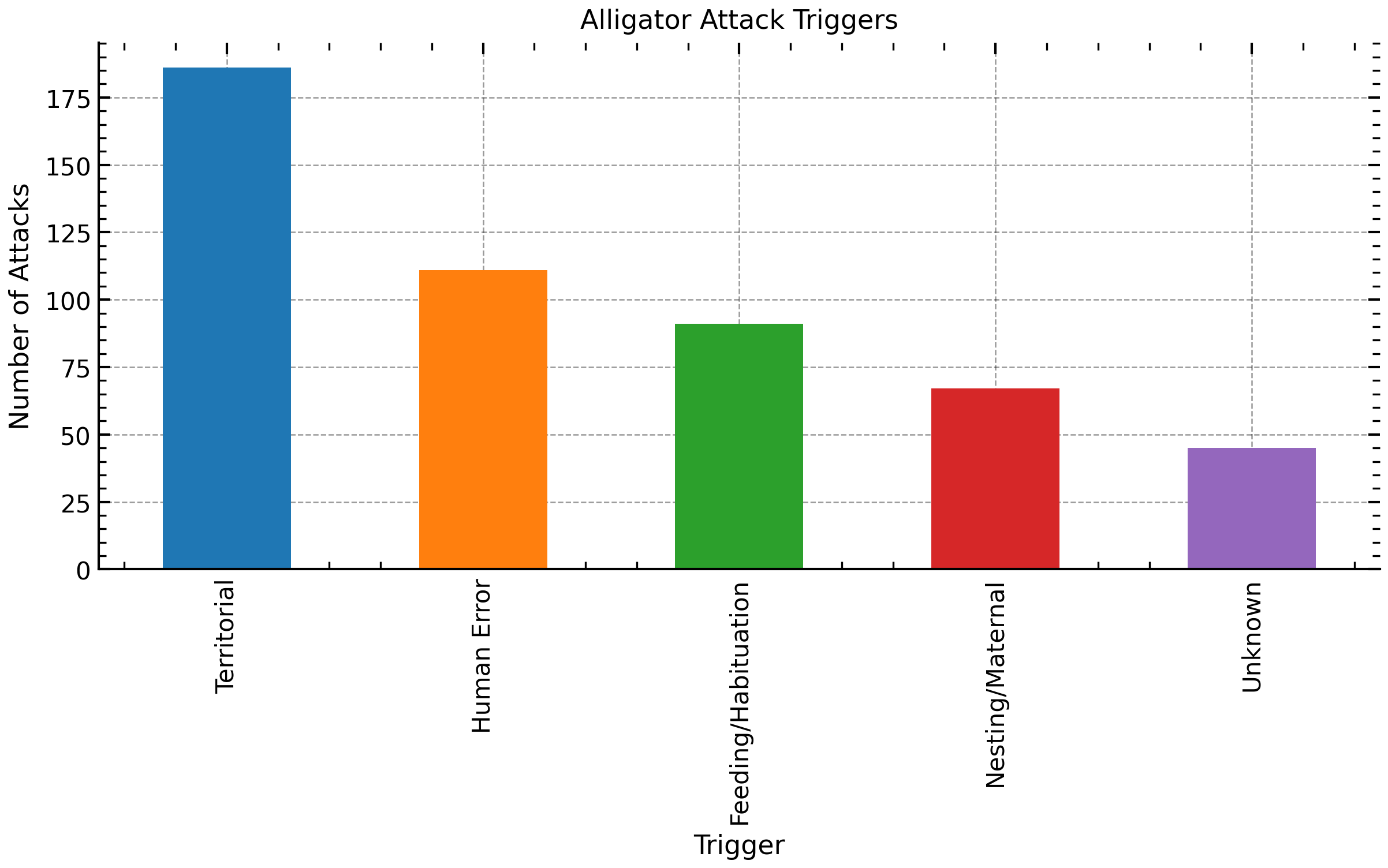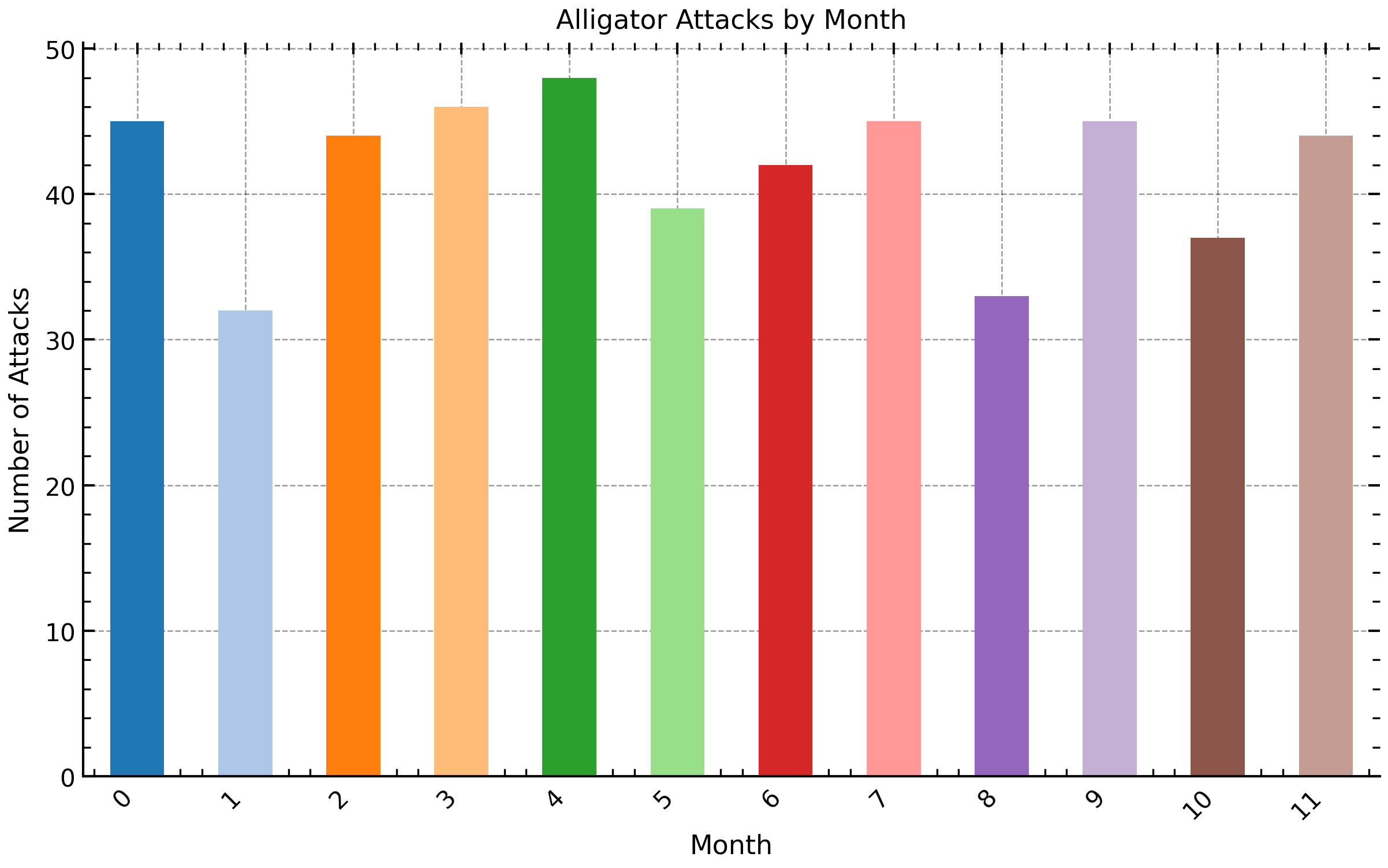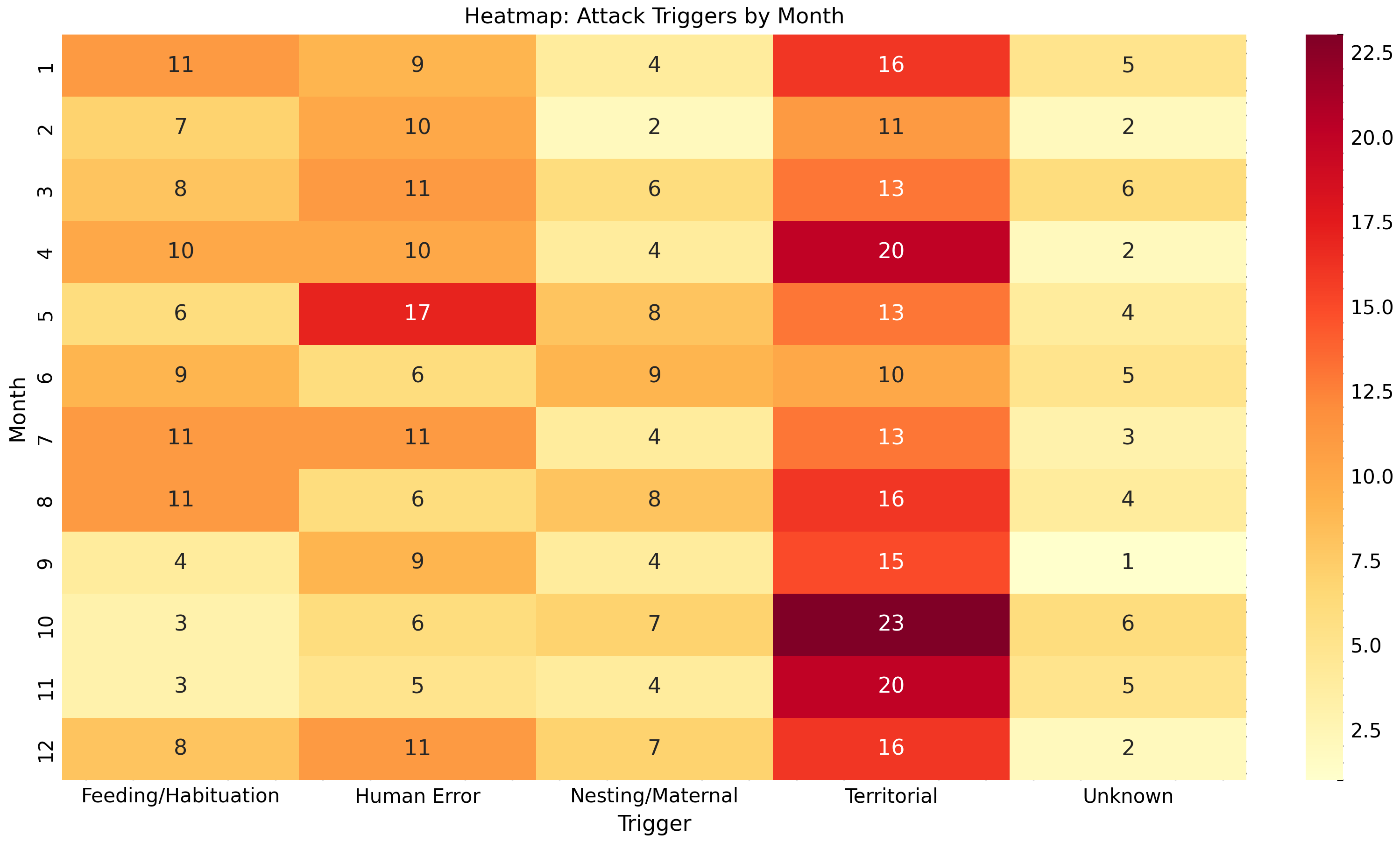Have you ever heard someone say, “mama says alligators are ornery because they got all them teeth and no toothbrush”? This quirky phrase, made famous by the 1998 comedy The Waterboy, has become a pop culture staple and a humorous way to explain the fierce reputation of alligators. But is there any truth behind the saying, or is it just Southern folklore? In this deep dive, we’ll explore the origins of the phrase, the real science behind alligator behavior, and what you need to know to safely coexist with these ancient reptiles. Whether you’re a business owner near alligator habitats, a curious wildlife enthusiast, or just a fan of movie trivia, this guide will help you separate myth from fact and appreciate why alligators really act the way they do.
Introduction: The Origin of “Mama Says Alligators Are Ornery Because…”
The phrase “mama says alligators are ornery because they got all them teeth and no toothbrush” comes straight from the comedic mind of The Waterboy, starring Adam Sandler as Bobby Boucher. In the film, Bobby’s overprotective mother (Kathy Bates) offers up this homespun wisdom to explain alligator aggression, much to the amusement of his college classmates and the audience. The line is a perfect example of how folklore and humor can shape our perceptions of wildlife—even if the science doesn’t quite match up.
But beyond the laughs, alligators have long been symbols of power, danger, and mystery in Southern culture. Understanding their real behavior is not just a matter of curiosity—it’s essential for safety, conservation, and respectful coexistence.
Understanding Alligator Behavior: Why Are They “Ornery”?
What Does “Ornery” Mean for Alligators?
When people call alligators “ornery,” they’re usually referring to behaviors like aggression, territoriality, and defensiveness. But in the wild, these traits aren’t about being mean—they’re about survival.
- Territoriality: Adult male alligators fiercely defend their territory, especially during breeding season. This ensures access to mates and resources.
- Defensive Instincts: Alligators react defensively when approached or threatened by humans or other animals. Their powerful jaws and signature “death roll” are tools for both predation and self-defense.
- Nocturnal Activity: Alligators are more active and potentially aggressive at night, when they hunt. During the day, they bask to regulate body temperature, which can affect their mood and energy.
- Feeding by Humans: When people feed alligators, the animals lose their natural fear of humans, leading to more aggressive encounters. This is why feeding alligators is illegal in many states.
Alligator “orneriness” is really a set of adaptive behaviors that help them survive in a challenging environment.
Scientific Insights on Alligator “Orneriness”: What Experts Say
Wildlife biologists and conservationists agree: alligators aren’t naturally aggressive toward humans. Most so-called “ornery” behavior is a response to specific triggers:
- Instinctual Survival: Alligators are cautious and defensive, especially in splashy or noisy environments that might signal prey or a threat.
- Territorial Disputes: Aggression peaks during mating season, when males compete for territory and mates. Fights can be intense, but they’re about dominance, not malice.
- Maternal Protection: Female alligators are fiercely protective of their nests and young, displaying hissing, lunging, and even attacking perceived threats.
- Physiological Features: Their powerful jaw muscles are designed for gripping prey, while their tails are essential for the death roll—a feeding and defense tactic.
Key Takeaway: Alligator aggression is context-dependent and usually defensive, not predatory. Most negative encounters with humans are triggered by risky human behavior, not the animal’s temperament.
Debunking Myths and Folklore Around “Mama Says Alligators Are Ornery Because”
Myth vs. Fact
- Myth: Alligators are just “mean” or “angry” by nature.
- Fact: Alligator behavior is driven by survival instincts—territory, food, and protection—not emotion.
The phrase from The Waterboy is a humorous exaggeration, not a reflection of real animal psychology. Such sayings often serve as cautionary tales, warning children and tourists to respect wildlife. While the folklore is fun, the reality is that alligators are complex creatures whose behaviors are shaped by millions of years of evolution.
Real Safety Tips
- Never feed alligators.
- Keep a safe distance (at least 60 feet).
- Be especially cautious during mating and nesting seasons.
- Educate children and visitors about alligator habitats and behavior.
Alligator Behavior and Human Interaction: Safety and Ethical Considerations
Why Understanding Alligator Behavior Matters
- Avoidance: Respecting alligator territory is the best way to prevent aggressive encounters.
- Legal Protections: Feeding alligators is illegal in many states because it leads to dangerous habituation.
- Business Responsibility: Businesses near swamps or waterways should educate employees and customers about alligator safety.
- Ecotourism: Responsible wildlife tours and education programs reduce risk and foster appreciation for these animals.
Best Practices for Coexistence
- Post clear signage near water bodies.
- Train staff in wildlife awareness.
- Support conservation efforts and habitat protection.
- Encourage reporting of habituated or aggressive alligators to authorities.
The Ecological Importance Behind the “Ornery” Behavior
Alligators are more than just fearsome predators—they’re keystone species that shape entire ecosystems.
- Apex Predators: Alligators control populations of prey species, maintaining balance in wetlands.
- Ecosystem Engineers: By digging “gator holes,” they create habitats for fish, amphibians, and other wildlife, especially during droughts.
- Ecological Indicators: Healthy alligator populations signal healthy wetlands.
Even their aggressive behaviors—like defending territory or young—help maintain the structure and diversity of their habitats.
Interesting Facts and Behaviors Reinforcing the “Ornery” Persona
- Vocalizations: Alligators bellow, hiss, and blow bubbles to communicate territory and attract mates.
- Mating Displays: Tail slapping and bellowing are part of their dramatic courtship rituals.
- Parental Instincts: Mother alligators are among the most protective reptile parents, guarding nests and carrying hatchlings to water.
- Hunting Tactics: Alligators are ambush predators, using stealth and the death roll to subdue prey.
Did You Know? Alligators can regrow lost teeth throughout their lives—so maybe Mama was onto something about all those teeth, even if the toothbrush part is just a joke!
Data Insights: What Really Triggers Alligator Attacks?
 Figure: Most common triggers for alligator attacks are territorial disputes and human error.
Figure: Most common triggers for alligator attacks are territorial disputes and human error.
 Figure: Alligator attacks peak in late spring and early summer, coinciding with breeding and nesting seasons.
Figure: Alligator attacks peak in late spring and early summer, coinciding with breeding and nesting seasons.
 Figure: Territorial and nesting triggers are most common in spring and early summer.
Figure: Territorial and nesting triggers are most common in spring and early summer.
- Territorial triggers account for the largest share of attacks, especially during breeding season.
- Human error (like swimming in alligator habitats or feeding alligators) is the second most common cause.
- Severe and fatal attacks are most often linked to territorial disputes and human error, not random aggression.
Conclusion: Embracing Respect and Knowledge from “Mama Says Alligators Are Ornery Because”
The phrase “mama says alligators are ornery because they got all them teeth and no toothbrush” may make us laugh, but the real reasons behind alligator behavior are rooted in survival, territory, and protection. By understanding the science behind their so-called “orneriness,” we can better appreciate these remarkable animals and learn how to safely share their habitats.
Respecting alligator instincts isn’t just about avoiding danger—it’s about supporting the health of entire ecosystems and preserving a vital part of our natural heritage. Whether you’re a business owner, a resident, or a visitor, promoting awareness and safe coexistence is the best way to ensure that both people and alligators thrive.
Key Takeaways:
- Alligator “orneriness” is about survival, not malice.
- Most attacks are triggered by territorial defense or human error.
- Alligators are essential to wetland ecosystems as apex predators and ecosystem engineers.
- Respect, education, and responsible behavior are the keys to safe coexistence.
FAQ: Mama Says Alligators Are Ornery Because…
Why are alligators so aggressive?
Alligators are not naturally aggressive toward humans. Most aggression is defensive—protecting territory, young, or themselves from perceived threats.
What should I do if I encounter an alligator?
Keep your distance (at least 60 feet), never feed or approach, and back away slowly if you feel threatened.
Are alligators dangerous to humans?
Alligators can be dangerous if provoked or habituated to humans, but attacks are rare and usually preventable with proper caution.
How do alligators communicate their mood?
Through vocalizations (bellows, hisses), body language (tail slaps, head raises), and physical displays.
What is the origin of the phrase “mama says alligators are ornery because”?
It comes from the 1998 film The Waterboy, where Bobby Boucher’s mother offers a humorous, unscientific explanation for alligator behavior.
For more, visit our website, S-Ornery home.com
